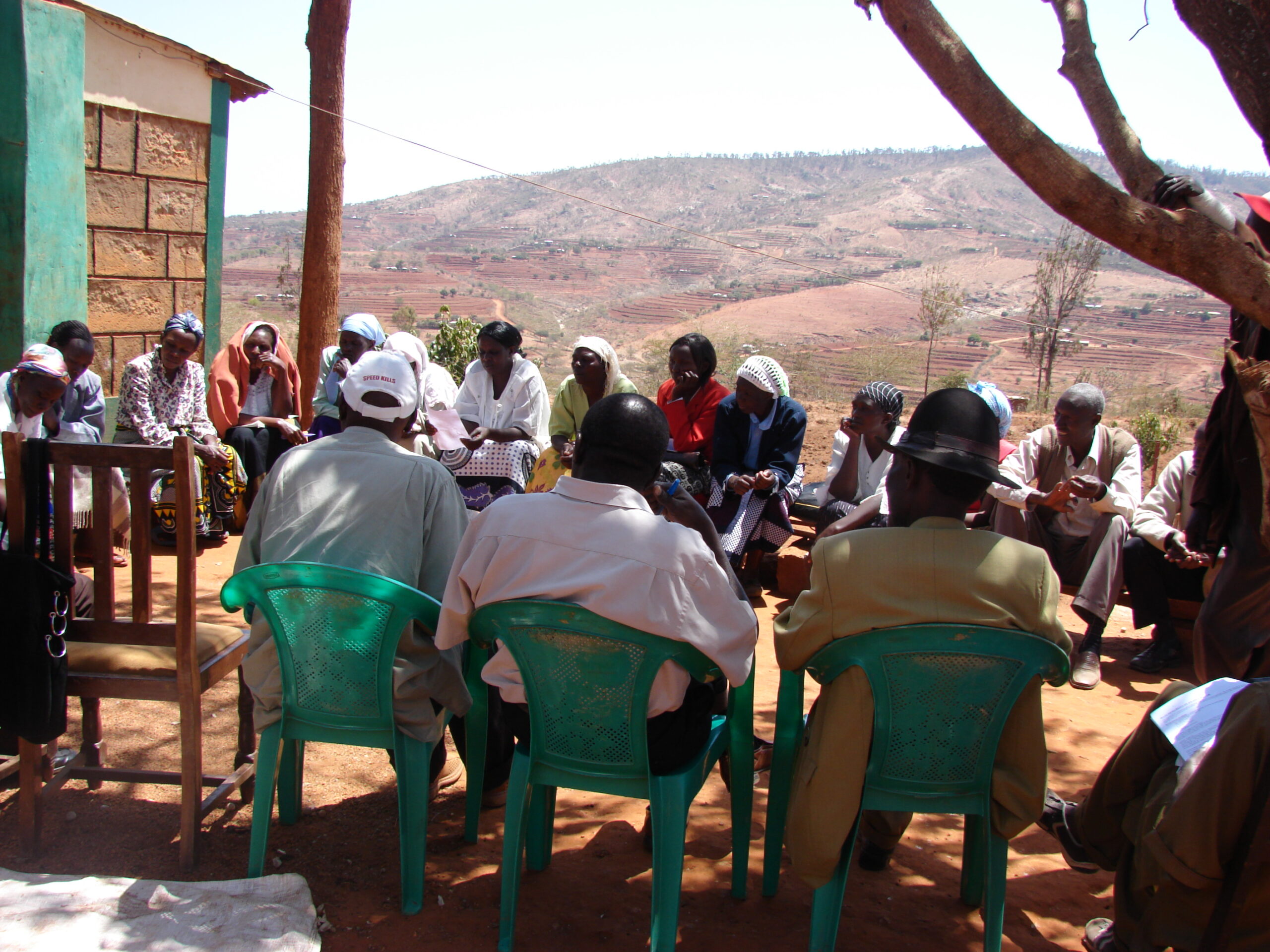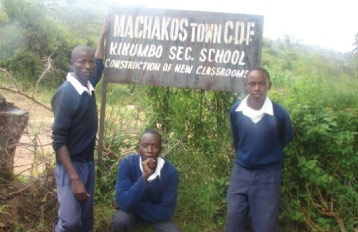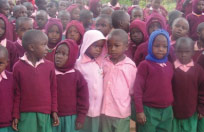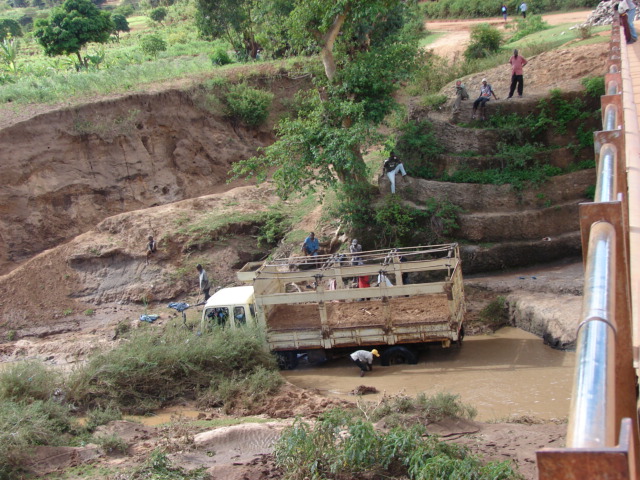The Problem
The shrinking civic and democratic space has become a major governance issue for the civil society and other independent voices and actors, at all levels in the society. The three main problems contributing to limited realization of an enabling civic environment and realization of civil liberties and democracy in Kenya include:
- Restrictions by the state through the repression or closing civic space since the colonial regimes manifest within contexts whereby intolerant and oppressive governments apply both prohibitive and punitive tactics to curtail the operations of independent voices and institutions (both state and non-state). Currently, it takes the form of enforcing restrictive legislative, administrative and policy actions like the use of anti-terror legislation to de-legitimize civil society organizations (CSOs), threats of de-registration of CSOs, shutdown of media houses, vilification and arbitrary arrests of human rights defenders (HRDs) and citizens, and curtailing online freedom of expression.
- The continuously changing context of CSOs operations that is always influenced by the politics of the day thus leaving the sector’s enabling environment at the mercy of the ‘political direction’. This has minimized outcomes of the sector’s engagement with the NGO Coordination Board while the policy environment in which CSOs operate in Kenya has also remained static and has not taken into account the ever-changing context under which CSOs operate. The Sessional Paper No. 1 of 2006 on NGOs in Kenya has been overtaken by the change in context.
- Fragmentation and uncoordinated actions among civil society organizations over the past two decades have seen the CSO sector continue on its path of ever expanding numbers. This growth has seen incidences of CSO misconduct and mismanagement, a cause for concern within a sector still facing a fractured NGO Council ineffectual in self-regulation. Governance standards in the sector have been “consistently falling” (PEN, 2007). While CSOs receiving donor funding certainly have to meet these donors’ often strict accountability requirements, the dependence on external funding sources has left CSOs vulnerable to the push and pull of donor priorities, sometimes at the expense of CSOs’ organizational “aspirations”, “values and principles”.
The Intervention
PEN’s objective in addressing the above problems is to enhance the capacity of CSOs to advocate for civic space and other governance issues that are pertinent to realization of an enabling operating environment by:
- Improving the operating environment for CSOs created through consolidated actions by CSOs.
- Strengthening CSOs Networks as actors in governance and public policy.
Expected Outcomes
The implementation of this project is expected to result to:
- An improved operating environment for CSOs created through consolidated actions by CSOs.
- Strengthened County Civil Society Organizations Networks.
Target Groups, Location and Duration
This project will be implemented nationally and Turkana, Kwale, Kilifi and Kitui counties. It will target CSOs; Policy makers; civil society regulatory authorities; County Governments; and, organizations representing the youth, Persons with Disability, and the marginalized and minority groups.
The project will last 12 months and is funded by the UNDP through the Amkeni Wakenya Facility.





